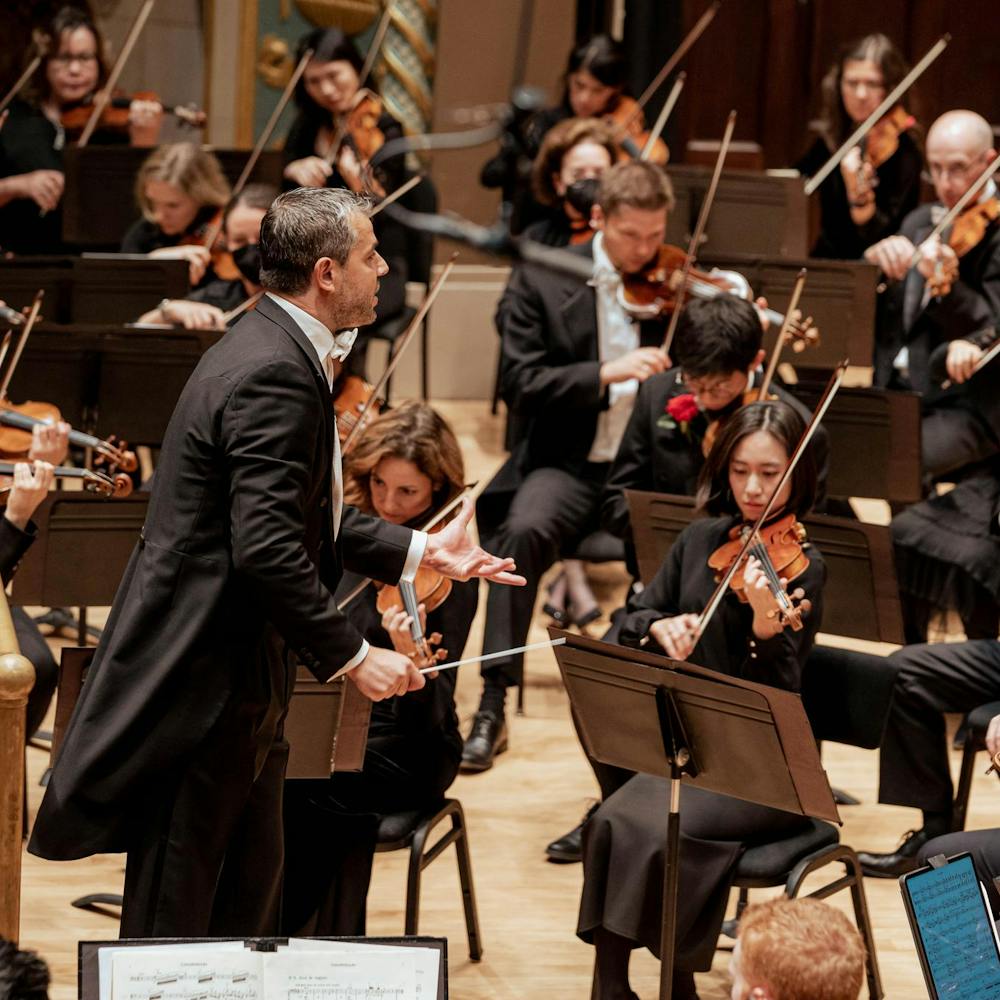Lansing - At the Lansing Teen Court, juvenile offenders are given a second chance to redeem themselves with the help of their peers.
The teen court is celebrating its first year of operation this month and allows teen-agers from Lansing area high schools to serve as jurors and decide on a punishment for the offenders.
Punishments range from a written apology to community service.
“The high school students involved in being jury members and acting as court officers get an education and a civics lessons on the justice system,” said Troy Wendell, chairman of the Teen Court Advisory Board.
“We wanted to do something to give kids who were starting to go down the wrong track an opportunity to make some positive changes in their life.”
Wendell is also the vice chairman of the Mayor’s Drug Free Youth Task Force, an organization that helped create the Lansing Teen Court.
Lansing area juvenile offenders ages 11-16, called respondents in teen court, are eligible for the program, which hears only cases of non-violent misdemeanor crimes.
Since its launch, 123 cases have been referred to the court, and 36 have been heard. Another 48 cases are pending.
In 1994, there were only 80 sanctioned teen courts in the United States but there are now more than 800, Lansing Teen Court Director Mike Botke said.
“Our juvenile justice system is taking a look at this because of the success that the youth courts are having,” he said. “Generally speaking, our juvenile justice system does very little to juvenile offenders. The research is telling us that when we don’t determine the underlying causes and address them, about a third of the offenders come back to the juvenile court system worse off than they were in the beginning.”
Botke said students have learned much from their involvement in teen court.
“I’m seeing some real turnaround in the short time I’ve been involved,” he said. “The really huge difference is we’re utilizing trained high school students to sit in the jury box. It empowers teen-agers and offers them an opportunity to learn about the law and the juvenile justice system.”
Training sessions are held several times a year for high school students interested in being a part of Lansing Teen Court, and they often include groups of students involved in student governments or law and government classes.
Botke trained a group of students at Sexton High School, 102 McPherson Ave., on Thursday in preparation for upcoming teen court dates.
Angie Sorrells, 17, and Dominick Quinney, 16, were among those attending the morning training session.
“I did it last year and it was a fun experience,” Quinney said. “I think it’s important, because it gives teens a second chance. We know how to relate to them, and it’s good to have a peer listen to your problems.”
Sorrells said involvement in Lansing Teen Court would also be a good experience for her plans to become a lawyer someday.
“I think I’m going to have a good time,” she said. “I’m basically doing it for the experience.”


